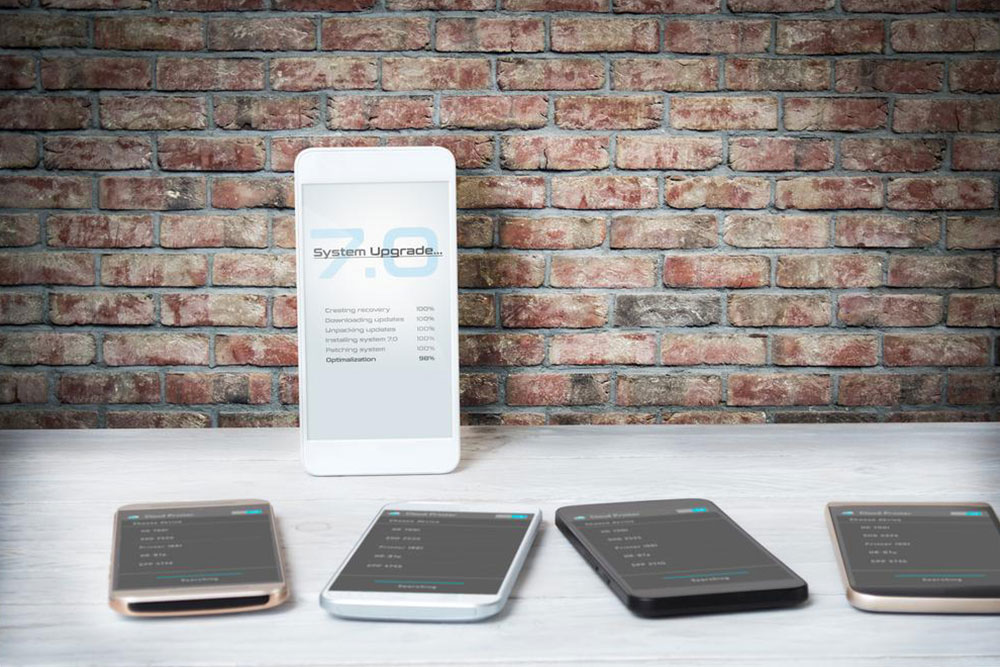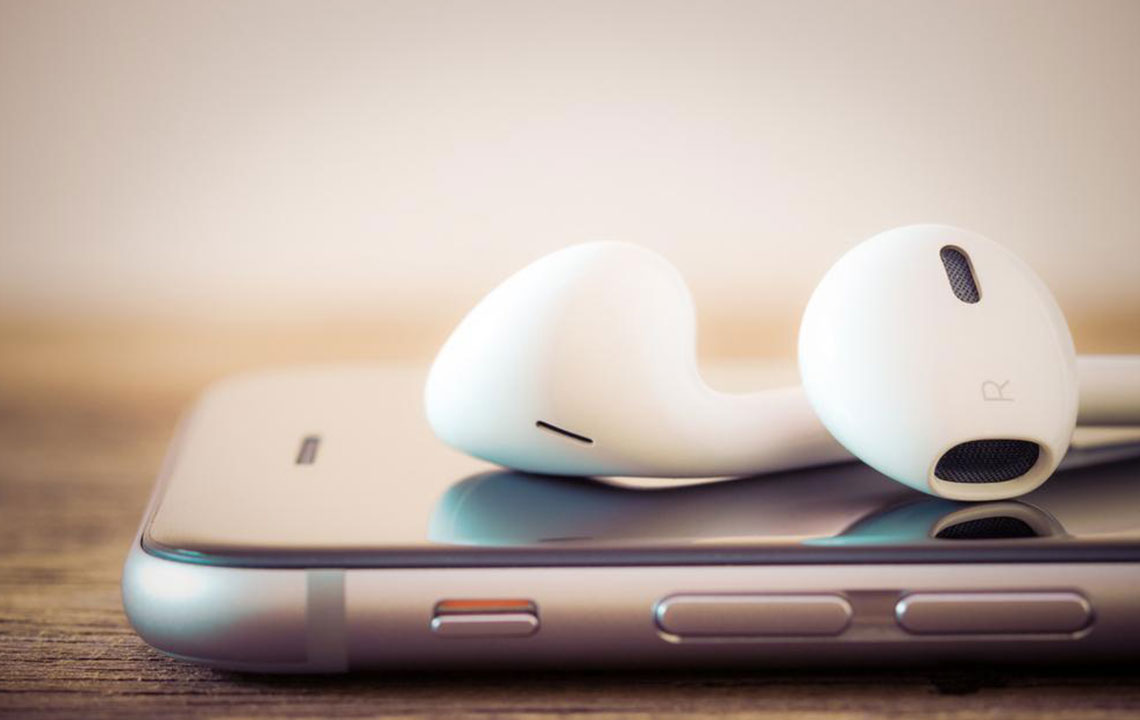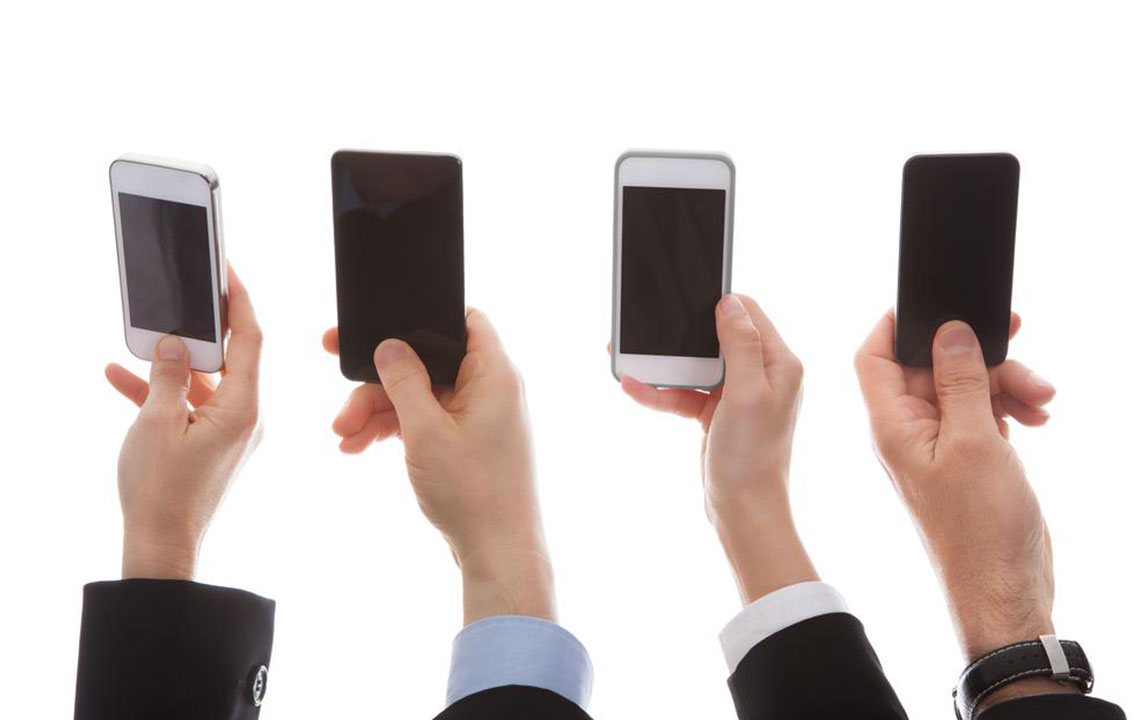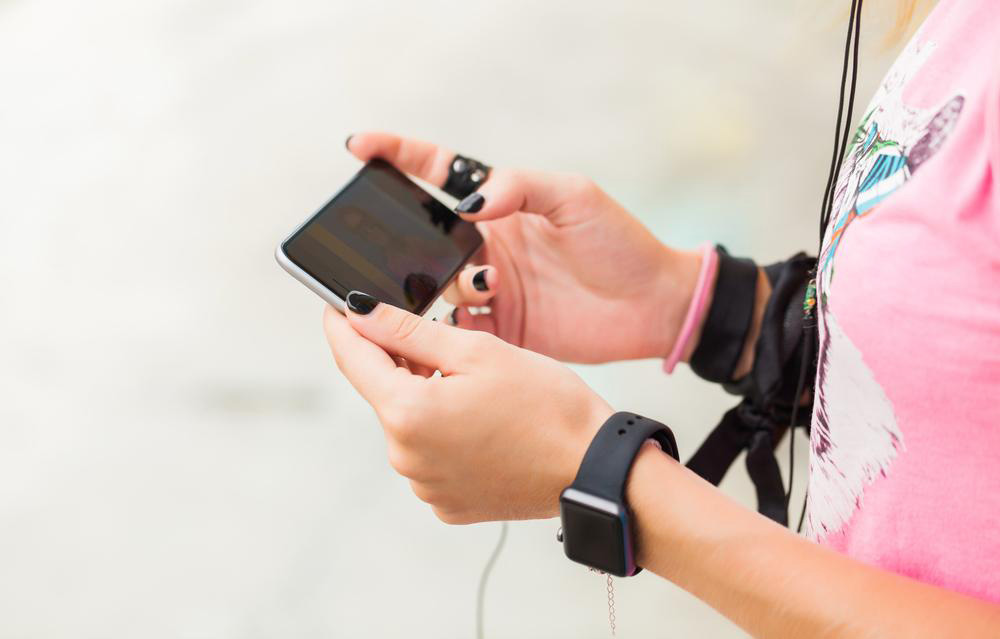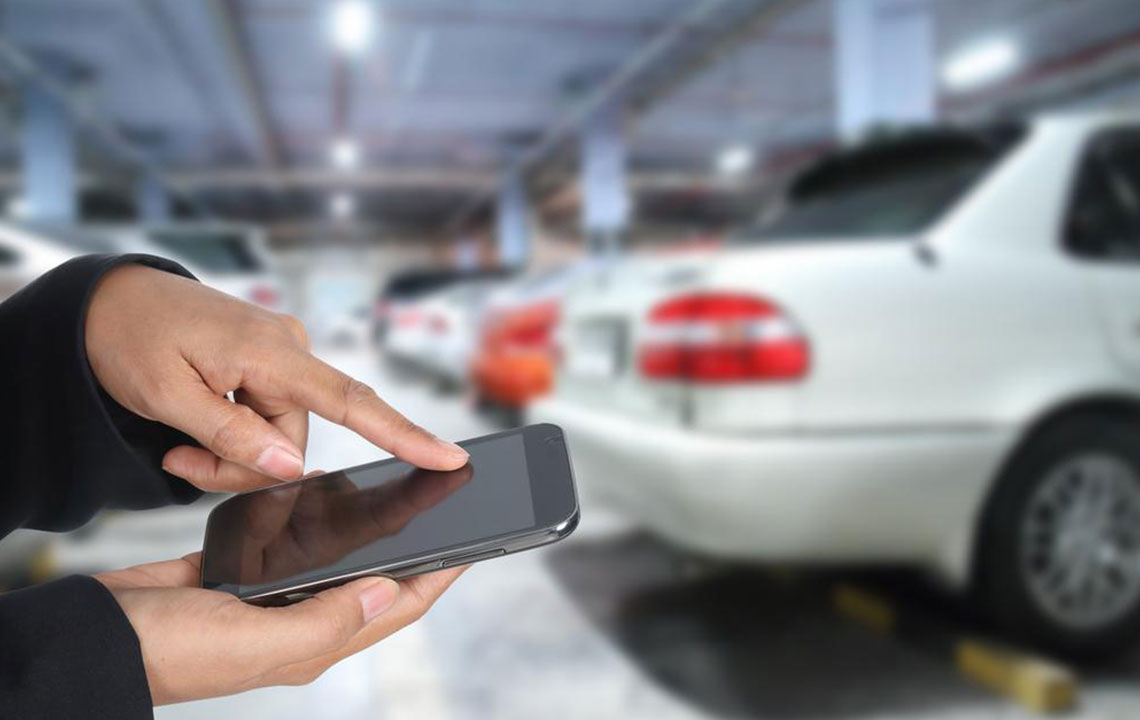Choosing Between iPhones and Windows Phones: Which Reigns Supreme?
This comprehensive comparison explores the key differences between iPhones and Windows phones, including design, usability, security, and features. It helps consumers choose the device that best matches their needs, whether prioritizing aesthetics, customization, or battery life. The article emphasizes the strengths of each brand to guide informed purchasing decisions in the competitive smartphone market.

Choosing Between iPhones and Windows Phones: Which Reigns Supreme?
Deciding on a new smartphone this year often boils down to choosing between an iPhone and a Windows phone. Both brands boast unique strengths and drawbacks. Apple consistently updates its flagship models annually, while Microsoft, following its acquisition of Nokia, has released a variety of Windows phones.
Among the top contenders in today’s smartphone market, iPhones tend to be the preferred choice for many users. Nevertheless, budget-conscious consumers and those seeking specific features often prefer Windows phones for their affordability and functionality.
Let’s compare various aspects of iPhones and Windows phones to help you make an informed decision.
Design & Appearance
Apple's smartphones stand out with their premium, stylish aesthetics. Models like the iPhone 6s and the iPhone X have set high standards with their sleek designs. In contrast, many Windows phones such as Lumia 950 and HP Elite x3 are functional but lack the refined look typical of Apple devices. Over time, Apple has continuously enhanced the elegance and modern appeal of their phones.
User Interface
Windows phones feature an intuitive interface that many users find straightforward and user-friendly. They adhere to strict quality standards that ensure consistent performance. Unlike some competitors, switching between operating systems on Windows phones doesn't drastically alter the user experience, making transitions smoother.
Customization & Creativity
iPhones provide a secure environment with access to numerous creative applications via the App Store. Artists, developers, and creative professionals can explore innovative ways to use their devices. Windows phones, unfortunately, have limited customization options and applications tailored more towards productivity than creative pursuits.
Software Updates & Security
Apple rolls out frequent updates to improve performance and security, reducing vulnerabilities like malware or viruses. Windows phones generally receive fewer updates, which can impact security and software stability.
Battery Life & Features
While iPhones are popular for their sleek design, their battery performance can be less impressive. Windows phones typically excel in battery longevity, appealing to users who need long-lasting devices. Additionally, Windows devices integrate well with services like Google Drive, whereas iCloud remains less popular among users.
Browsing Experience
Windows phones often offer robust web browsing capabilities, with features that some users prefer over those on iPhones. Although app availability is limited to the Windows Store, browsing and online functionalities are generally reliable and efficient.
If aesthetics and cutting-edge features are your priorities, an iPhone might be the best fit. Conversely, for work-oriented use and longer battery life, Windows phones could serve you better.
Note:
Our blog offers insights across various topics, providing valuable information based on thorough research. However, readers should consider this content as informational rather than definitive. We are not responsible for discrepancies or updates that may occur elsewhere. Additionally, special deals and offers may vary and are not covered in our summaries.

